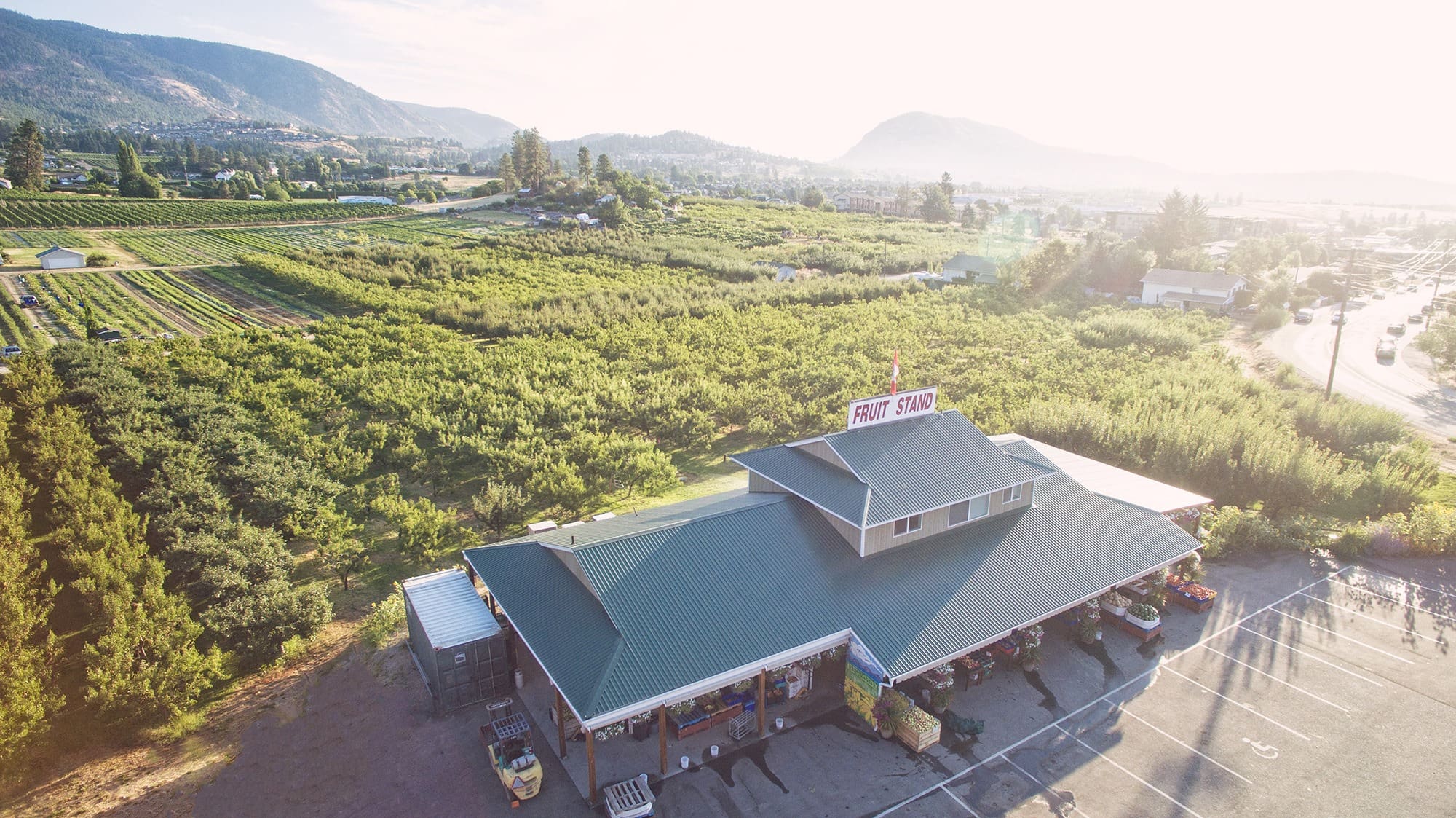WATCH
It was a desire to save the world that compelled 18-year-old Angela Nagy to start GreenStep Solutions. It’s been a desire to persevere and stay true to her purpose that enabled Angela to make Greenstep one of the country’s leading companies to support the adoption of sustainability initiatives in business.
Saving the world seems like an overly ambitious goal when starting a company, but that’s exactly what spurred Angela Nagy to launch GreenStep Solutions in 2008. After completing a sustainability strategy for their first client, a large, well-known company, Angela realized that there was more of a need to help small and medium sized businesses, which make up a huge percentage of the market.
In the beginning, GreenStep worked onsite with these businesses; however, Angela and her team knew that the only way to scale their business and quickly create the big impact they wanted was through digital technology. So, they began developing virtual programs, including assessment tools, dashboards an funding mechanisms that businesses can use to measure and improve their sustainability performance.
As part of the company’s evolution, they moved further into the clean tech sphere by acquiring a carbon measurement software, EcoBase, in 2013. The GreenStep team completely redeveloped the software and designed it as a tool for small and medium sized businesses to measure and track their carbon footprint.
“What I’ve learned in operating my business, as I’ve grown the digital side of the company, is the amazing network and support systems that are available to entrepreneurs in the Okanagan,” says Angela. “Whether that’s through Accelerate Okanagan or other entrepreneurs…It’s mentors and programs for businesses like mine that help us grow.”
GreenStep Solutions has certainly flourished, consistently growing in size each of the last few years, with a total of 20 people working in the Kelowna head office or remotely from locations across Canada. As her company has grown, Angela has dealt with the ups and downs of entrepreneurship, her resiliency and ambition guiding her every step of the way, along with a healthy dose of external support. Through both the good and tough times, she was able to find this support and encouragement thanks to access to mentors and programs through organizations like Accelerate Okanagan as well as WeBC, an organization that exclusively supports women entrepreneurs.
As an entrepreneur, Angela knows that building and nurturing relationships is key to success. To this end, GreenStep has developed long-standing relationships with organizations like the Thompson Okanagan Tourism Association, the City of Kelowna, FortisBC, BC Hydro, the BC Hotel Association, the Tourism Industry Association of BC, Community Futures Central Okanagan and many more, all of whom they are work closely with to support BC in becoming a leader in sustainable business.
“Our big, hairy, audacious goal is to become the business most known for improving the sustainability performance of small and medium sized businesses throughout North America,” says Angela. “Our legacy would be that it started here in Kelowna, that it’s an Okanagan success story and that it has a positive impact on the business community within our region.”
The positive impact the company wants to achieve is already well underway—GreenStep has worked with more than 7,000 businesses, organizations, regional and local governments and both provincial and federal crown corporations across Canada and beyond.
As Angela reflects on her more than 20 years working in Kelowna’s technology ecosystem, she observes how neat it’s been to watch things incubate and grow, with numerous entrepreneurs in the region using technology to solve environmental problems.

